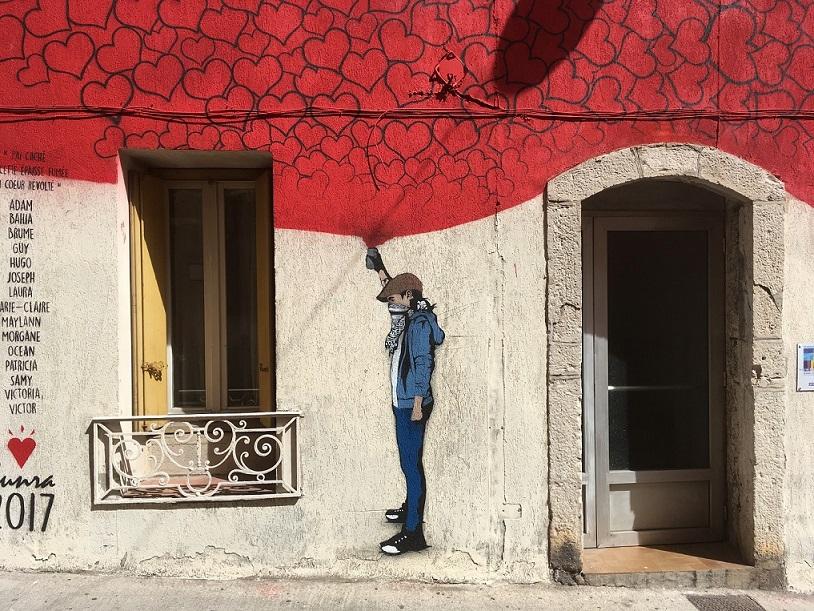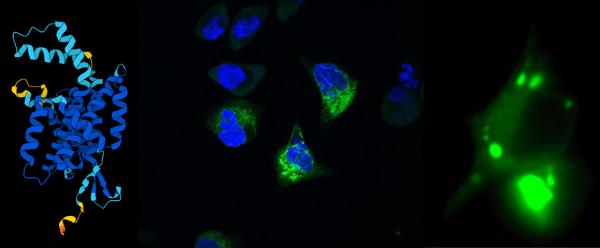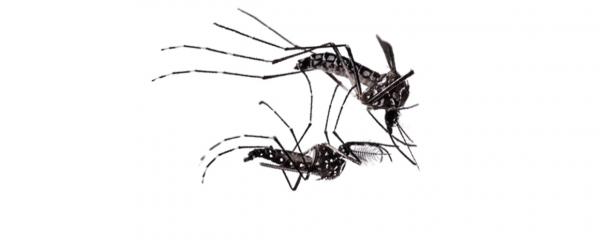Results & impact 2 April 2024
- Home
- Press area
- Press releases
- foresight post-covid world
COVID-19 | Scenarios for a “post-crisis world”: playing it safe

Of the scenarios analysed, all produced between March and April 2020, 60% have economic growth as a central value © D. Pesche, CIRAD
In total, 60% of the scenarios analysed* have economic growth as a central value: although the visions of “economic recovery” all differ, the majority of these imagined futures thus propose continuity and a relative return to normality. While the current crisis represents a unique opportunity to rethink our societies, the scientists behind this analysis are concerned about the lack of alternatives proposed during the first wave of the epidemic in Europe.
“One of the roles of foresight practitioners, especially through the production of scenarios, is to reveal alternative modes of operation”, says Robin Bourgeois, a foresight practitioner at CIRAD and co-author of the article. “However, what we see with the scenarios proposed at the height of the first wave in Europe is a lack of creativity, as if a world in which economic growth was not the central value is impossible to imagine.”
A “return to normality” in spite of a global crisis?
To organise the scenarios produced at the beginning of the crisis, the researchers adopted a classification commonly used by foresight practitioners: Dator’s four archetypes.
- Continuation: the scenarios are built on changes based on economic growth
Of the 83 scenarios analysed, 50 (60 %) put economic growth at the heart of the “post-crisis world”. A more or less identical return to the pre-COVID-19 world is announced in 32 scenarios. Nine others imagine growth fragmented by globalisation that has been disrupted. The last nine scenarios propose “better”, greener and fairer growth.
- Collapse: the current model collapses and survival becomes the central value
Fourteen scenarios (17 %) indicate a succession of crises that lead to the collapse of our societies. Twelve of these scenarios imagine a worsening of the current crisis, with the emergence of new strains of COVID-19 and a lack of functional vaccines. Several scenarios also include environmental and climate shocks.
- Discipline: other beliefs take precedence over economic growth (redistribution, solidarity, ecology, etc.)
Thirteen scenarios (16 %) present a shift towards more ecological and inclusive values. New modes of production are imagined in order to manage resources more sustainably and to avoid a new health crisis. Here, the “post-crisis world” appears as a post-growth world, in other words a major discontinuity.
Within this category, two types of scenarios can be distinguished: those that place the emphasis on the role of the state as a driver of the transition, and those that focus on decentralised and participatory modes of organisation.
- Transformation: technical progress transforms society to such an extent that the fundamental values of the living world are altered (artificial intelligence, human enhancement, teleportation, etc.)
Finally, six scenarios (7 %) are based on the development of new technologies. Teleworking and virtual activities take precedence in our daily lives. Some scenarios indicate a shift towards “discipline” type scenarios, in other words technological improvements that contribute to environmental protection, to the development of more-plant-based diets, and to wellbeing rather than economic competition.
Denis Pesche, a sociologist at CIRAD and co-author of the article, is surprised by these findings: “Our basic assumption was the following: since crises often drive innovation and creativity, the scenarios imagined at the height of an unprecedented event, such as the lockdown last March, should propose new or even radical alternatives. Yet the opposite is true: the return to normality underpins the majority of scenarios!”
To explain this focus on normality, the scientists put forward several possibilities: a state of shock caused by the crisis, the types of methods used, an inability to imagine alternatives other than through a return to normality, etc., and perhaps also a culture of foresight that is underdeveloped in our societies. Indeed, imagining different futures appears to be more difficult in times of crisis than in normal times.
“In most of the scenarios developed, we note that certain key variables, which are typically found in foresight studies, are lacking, especially climate change and demography”, says Camille Jahel, a modeller at CIRAD and co-author of the article. “This tells us that the choice of methods, perhaps dictated by the urgency of the situation, failed to provide a more comprehensive view of the future. It is therefore important, in times of crisis, to ensure that the methods used can avoid these biases.”
Accompanying the development of a culture of foresight to help societies to think about their future
At CIRAD, several teams are working to develop a culture of foresight within societies in the global South, in other words to develop their ability to imagine different scenarios enabling them to choose their own future.
In Senegal, for example, the Niayes region, the country’s primary agricultural production area, is facing many challenges: groundwater depletion, urban sprawl, pollution, etc. During workshops that lasted two weeks, Camille Jahel and Robin Bourgeois supervised the co-development of scenarios by different actors from the region, belonging to sectors ranging from waste management to regional planning, agriculture and education. Six futures were imagined, as well as the pathways to achieve them. This foresight exercise produced several outputs and debates, led by the participants in the workshops, concerning the future that the people in Niayes want for their region.
“Developing a culture of foresight, producing alternative scenarios outside of crises”, says Robin Bourgeois. “If we want to be able to adapt to different situations, we need to be capable of imagining other approaches, other systems, without waiting for the next crisis. Being unable to imagine anything other than a return to normality, when the current system fuels environmental degradation and therefore potential health crises, is a serious concern.”
Reference
Camille Jahel, Robin Bourgeois, Denis Pesche, Marie de Lattre‐Gasquet, Etienne Delay. Has the COVID‐19 crisis changed our relationship to the future? Futures & Foresight Science
*The 83 scenarios are taken from a body of 23 texts, from French and English sources. Among the authors of these scenarios, five are based in France, four in the United Kingdom, three in the United States, two in Europe (countries not specified), two in Belgium, one in the Netherlands, one in Australia, one in Dubai, and one in Indonesia.
The COVID-19 pandemic: a “wild card” for foresight practitioners
Foresight practitioners strive to explore and represent the possible changes and evolutions of a society or within it. From this perspective, crises are of particular interest: they are events that can bring about major changes. Two types of crises exist in foresight: wild cards and black swans.
Wild cards are events that we know may happen, but for which we know nothing about the place, date or potential impacts. These are the “known unknowns”. The COVID-19 pandemic is a wild card, in that the pandemic risk is known, but its emergence and impacts are unpredictable.
On the contrary, black swans are events that come as a surprise, and which are considered as “unknowns”: a meteorite impact, land subsidence, etc.


























